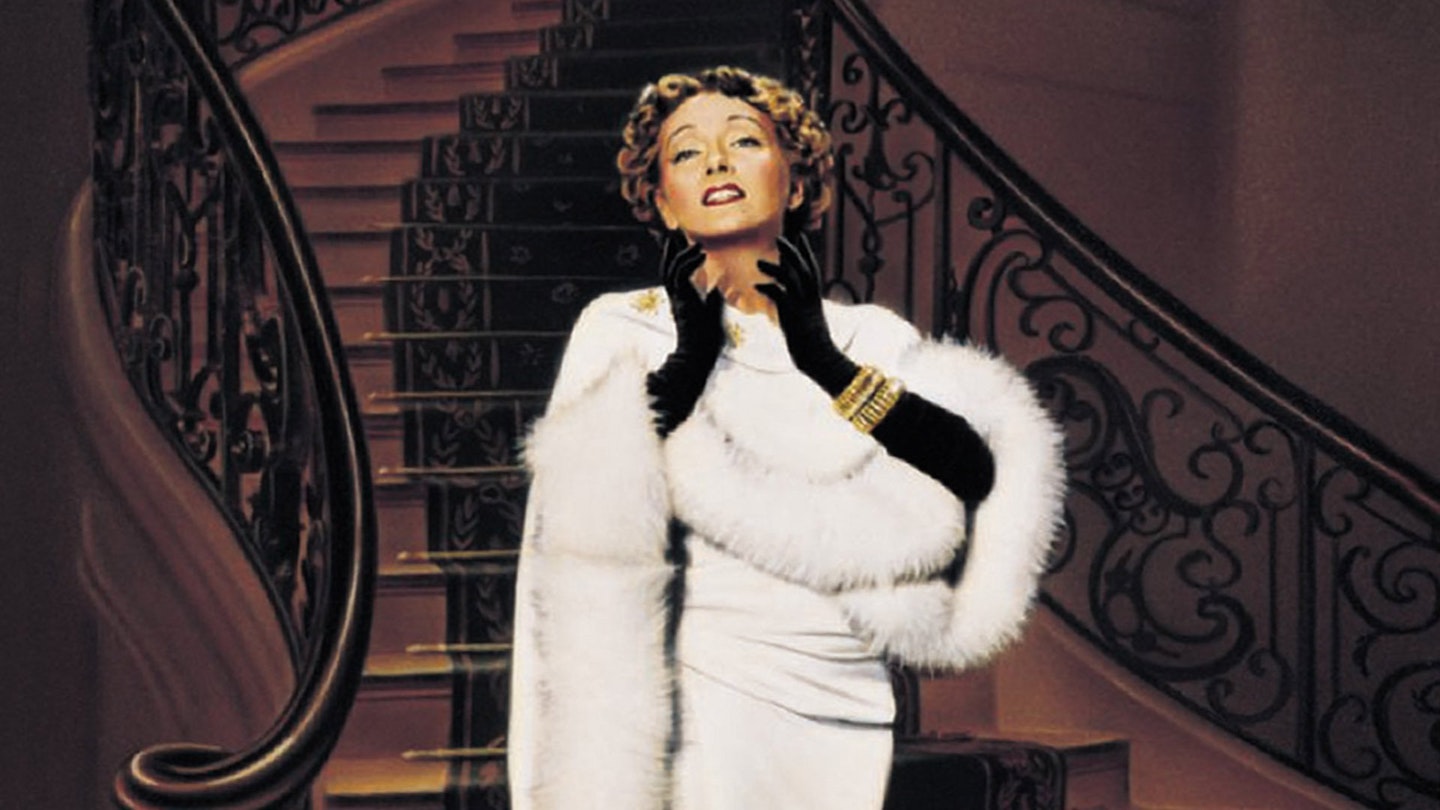Measured against any reasonable index, the 1950s were Billy Wilder's miracle decade. But perhaps the most extraordinary thing of all is that after Sunset Boulevard had gnawed the hand that feeds it down to a bloody stump, it is a wonder Hollywood ever let Wilder work again.
For their 17th and final screenplay collaboration, Charles Brackett and Billy Wilder began with a simple idea. "We wanted to make a picture about a star who was passe" explained the director.
Originally intended as a broad comedy with Mae West, the first choice for Norma Desmond, the faded silent movie goddess who lives an existence worthy of Miss Havisham in a decrepit pile on Sunset Boulevard, the screenplay developed into a cold-blooded satire that was at once more subtle and more savage.
The driving force towards darkness was always Wilder. Brackett, the Harvard Law School graduate and son of a New York senator, was the sophisticate, the voice of reason, the insider.
Often, it can take an outsider to launch an all-out attack on their adopted country, and for Wilder, a war orphan who had lost most of his family to Auschwitz, the adopted country was, of course, Hollywood.
Undisturbed in her dilapidated delirium, Norma Desmond would remain a harmless comic grotesque, a relic of old Hollywood; it is the young opportunist Joe Gillis that takes contemporary Hollywood, and the audience, to her door.
Brackett and Wilder had wanted to infuse the movie with a Hollywood insider's feel and had drafted in a number of real locations, including Schwab's Pharmacy, the legendary hangout where Lana Turner was discovered.
The most important single location, however, was Paramount itself, and after six straight pictures with the studio, including Double Indemnity and The Lost Weekend, Wilder was perhaps the only director able to ask for the keys. The famous gates, the sound stages, the rabbit warren of writers offices, all of these form part of the backdrop for Sunset Boulevard.
It is a mark of the esteem in which Wilder was held that Paramount did not ask the director to disguise the studio. Or perhaps they had an inkling of how important this project might prove to be; during the daily round of rushes screenings, Sunset Boulevard became the hottest ticket on the lot.
It was Wilder's friend, director George Cukor, who suggested Gloria Swanson for Norma Desmond. Like Desmond, Swanson was an icon of the silent era who had worked with DeMille but been largely forgotten by modern audiences. Swanson delivered a bold, brazen performance, theatrical and yet precise, a study of ego that is remarkably devoid of vanity.
It had been almost ten years since Holden had made an early impact with Golden Boy, and his reputation had definitely lost its lustre, largely thanks to alcohol. In other words, there was no better choice for the hopelessly compromised Gillis.
The clash between old and new Hollywood is reinforced by the contrasting acting styles; Holden's minimal naturalism and Swanson's exaggerated expressionism is the context for the movie's most famous line: "I am big," Desmond tells Gillis; "it's the pictures that got small".
From Edith Head's baroque costumes to John F. Seitz's nightmarish noir photography, every aspect of Sunset Boulevard retains a formal beauty rarely attempted in a modern comedy, and yet the screenplay contains not one line that could be thought callow by 21st-century audiences.
The images of death that suffuse Sunset Boulevard are a clue to a worldview that was informed by the most profoundly disturbing event of any age, the Holocaust, and Wilder's natural defence mechanism, the mordant wit, has ensured that his movies have been embraced by our more cynical age. And yet, great art does not survive simply because it eschews easy sentiment.
Sunset Boulevard should stand for as long as Hollywood stands because of the simple reminder it posts for studio executives and humans alike: the emotions that are hardest won are the only ones worth keeping.
